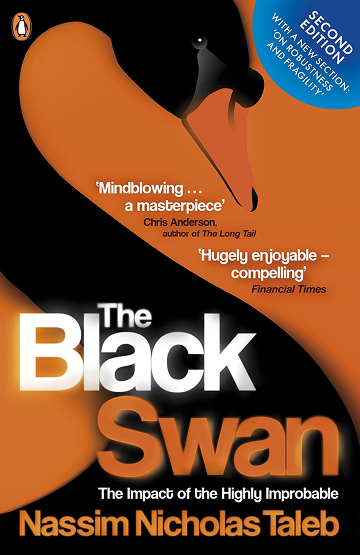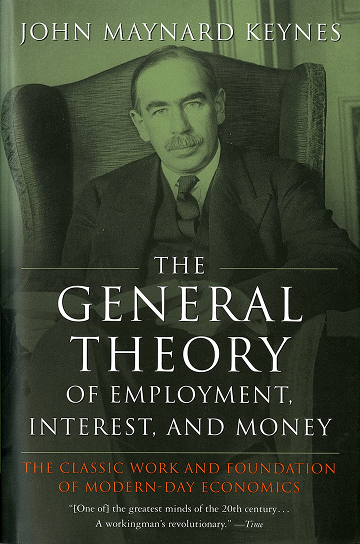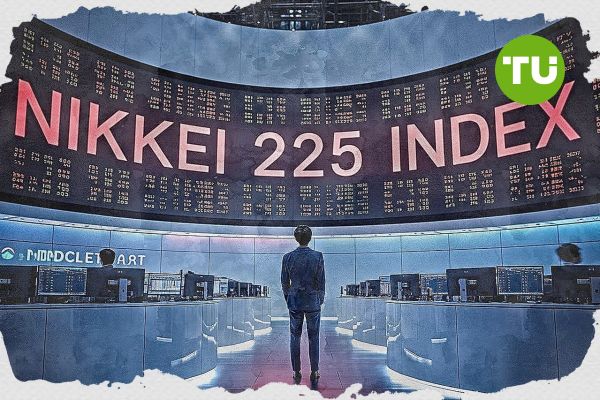
Paul Tudor Jones Biography, Career, Net Worth, and Key Insight



Paul Tudor Jones’s Profile Summary
|
Company
|
Tudor Investment Corporation |
|---|---|
|
Position
|
Founder, Co-Chairman, and Chief Investment Officer (CIO) of Tudor Investment Corporation |
|
Source of wealth
|
Management and performance fees from Tudor Investment Corporation, as well as investments in commodities, currencies, and fixed-income markets. |
|
Also known as
|
Philanthropist, Conservationist, Education Advocate |
|
Age
|
70 |
|
Education
|
University of Virginia - Bachelor's degree in Economics |
|
Citizenship
|
United States |
|
Residence
|
Greenwich, Connecticut, USA |
|
Family
|
Paul Tudor Jones is married to Sonia Klein, and they have four children together. |
|
Website, Social Media
|
https://www.tudor.com/ |
Paul Tudor Jones’s biography
Paul Tudor Jones II, born in 1954 in Memphis, Tennessee, is a renowned hedge fund manager and philanthropist. He founded Tudor Investment Corporation in 1980, establishing himself as one of the pioneers of the modern hedge fund industry. Known for his global macro trading strategies, particularly his bets on interest rates and currencies, Jones gained early recognition after successfully predicting the 1987 stock market crash, where his firm made significant profits. He graduated from the University of Virginia with a degree in economics before starting his career trading cotton futures at the New York Cotton Exchange. Beyond finance, Jones is also deeply committed to philanthropy. In 1988, he co-founded the Robin Hood Foundation, a charitable organization aimed at alleviating poverty in New York City. Over the years, he has also taken a keen interest in environmental conservation, founding the Everglades Foundation and leasing wildlife reserves in Tanzania. His work in finance and philanthropy has earned him significant recognition, and his net worth, as of recent estimates, stands at several billion dollars-
How did Paul Tudor Jones make money?
Paul Tudor Jones makes money in the following areas:
Management and performance fees from Tudor Investment Corporation, as well as investments in commodities, currencies, and fixed-income markets.
-
What is Paul Tudor Jones net worth?
As of 2025, Paul Tudor Jones’s net worth is estimated to be $8.1B.
What is Paul Tudor Jones also known as?
Paul Tudor Jones is widely recognized for his philanthropy, particularly through the Robin Hood Foundation, which he co-founded in 1988 to combat poverty in New York City. His charitable efforts extend to environmental conservation as well; in 1993, he co-founded the Everglades Foundation, dedicated to protecting and restoring the Everglades in Florida. He is also deeply involved in education advocacy, having founded Excellence Charter School, one of the first all-boys charter schools in Brooklyn, New York, aimed at providing quality education to underserved communitiesProminent achievements of Paul Tudor Jones
Paul Tudor Jones founded Tudor Investment Corporation in 1980, one of the pioneers in hedge fund management, successfully predicted the 1987 stock market crash, recognized as a "Market Wizard" by Jack Schwager, inducted into the Futures Industry Hall of Fame in 2006, co-founded the Robin Hood Foundation, with his net worth reaching $7.5 billion in 2024What are Paul Tudor Jones’s key insights?
Paul Tudor Jones’s business philosophy revolves around capital preservation and risk management. He emphasizes the importance of not focusing solely on making money but protecting what you have. Known for his global macro trading strategy, he bases his decisions largely on technical analysis and believes in acting swiftly on momentum changes in the market. He also advocates for diversification and humility, noting that markets can humble even the best traders. His insights stress the value of philanthropy, where giving back is integral to success
Paul Tudor Jones’s personal life
Paul Tudor Jones is married to Sonia Klein, whom he wed in 1988. The couple has four children: Caroline, Chrissy, Dorothy, and Jack. They are known to reside in Greenwich, Connecticut, and the family is involved in various philanthropic activities, including the Robin Hood Foundation and conservation efforts
Useful insights
Understanding market forces
In my experience, to truly succeed as an investor, it’s essential to understand the driving forces behind market behavior. Market movements aren’t random—they’re influenced by a range of economic theories and dynamics. The following books provide valuable insights into these forces, offering a deeper understanding of how global financial markets operate and what shapes their trends.
-
Nassim Nicholas Taleb – "The Black Swan"

-
Summary:
Taleb explores the concept of rare, unpredictable events—so-called "Black Swans"—that can have massive impacts on markets and society. These events are often overlooked by traditional risk management models, leading to devastating consequences when they occur. Taleb illustrates how these unpredictable shocks shape our world, often more than gradual, expected changes.
-
Why read it:
This book challenges conventional thinking about risk and uncertainty, showing that many major historical and financial events were "Black Swans." It's a vital read for investors who want to build resilience in the face of market volatility.
-
-
John Maynard Keynes – "The General Theory of Employment, Interest, and Money"

-
Summary:
Keynes revolutionized economics by focusing on total demand within an economy and its effect on output and inflation. His theory suggested that government intervention could stabilize economic cycles through fiscal and monetary policy. The book also explains the consequences of under-consumption and the role of interest rates in managing economic stability.
-
Why read it:
For investors interested in macroeconomic trends and policy impacts, Keynes’ work is essential. Understanding the Keynesian framework can help investors predict how government actions might influence market performance.
-
Other profiles in category
Popular Financial Guides
Latest Financial News

Nasdaq holds near record high as earnings and CPI keep investors cautious

Nikkei 225 index slips to two-week low as tariff tensions and soft Japan data stall momentum































































































































